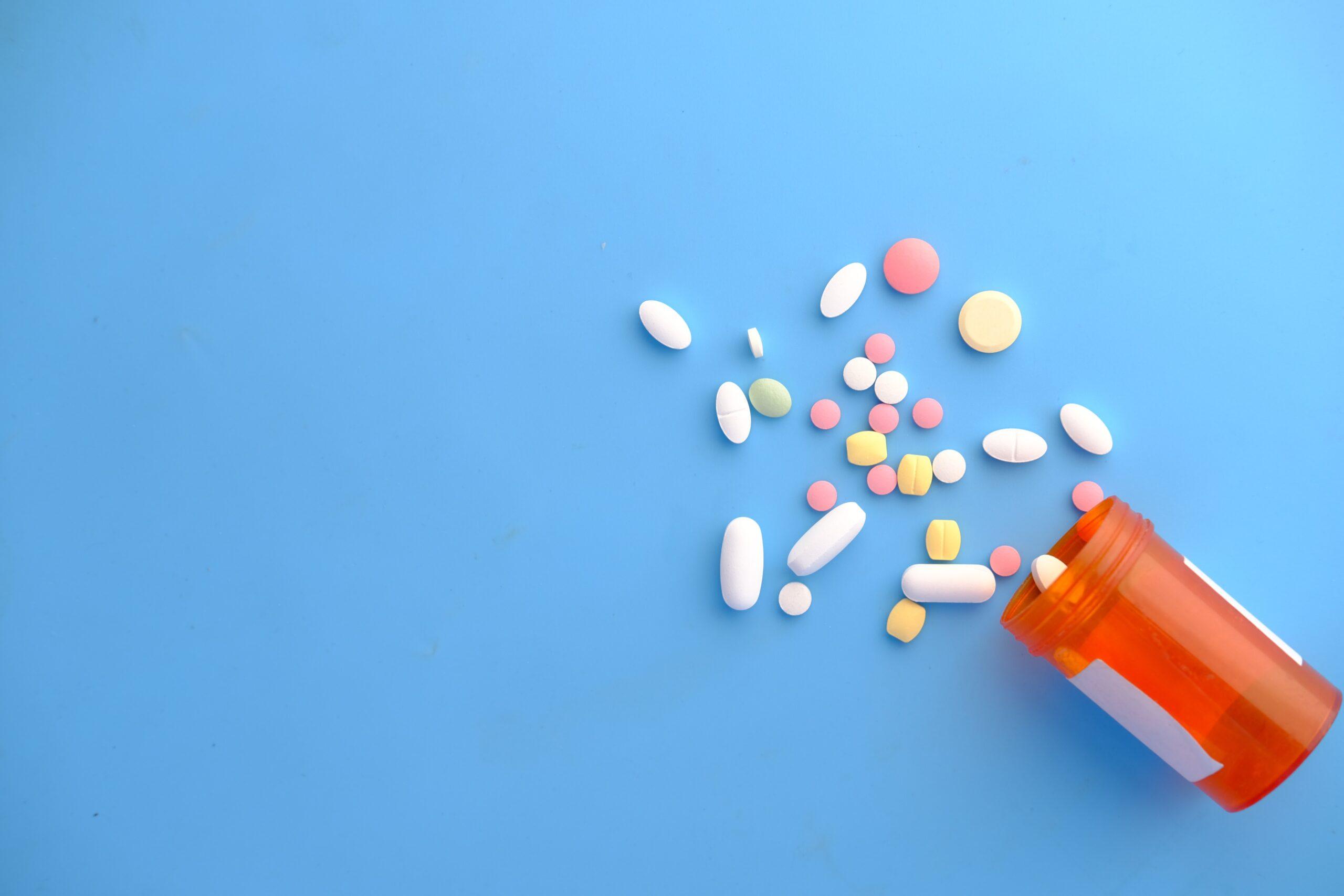As a pediatric dentist, I am often asked about the recommended age for a child’s first dental visit, and why young children should be seen and treated. The American Academy of Pediatric Dentistry, the recognized leader in children’s dental and oral health, suggests that the first visit should occur within six months of the first tooth erupting or by the child’s 1st birthday.
A major aim of dentistry, especially pediatric dentistry, is to prevent dental decay. Preventing problems is much less costly than treating or repairing problems. Preventative success is often based not only on a dentist’s technical skill, but on a dental team. By team, I mean the dentist, the child and his or her parents. Whereas I may see the child for a total of an hour or two per year, the parents are responsible for the child for the remaining 364 days and 23 hours. If the family and I are not on the same page, the child becomes vulnerable to dental decay and other dental problems. I also recommend that the parents or caregivers establish an ongoing relationship with the primary dental care provider and the patient that includes comprehensive oral healthcare, beginning no later than age 1.
In order for dental decay to occur, four factors need to be present: a tooth, bacteria, sugars and other carbohydrates, and time. The last three factors are influenced by the entire family. For example, bacteria can surface in a child’s mouth after a parent hands a pacifier to a child or a sibling gives an infant a used eating utensil. And poor oral health manifests itself not only in pain, but also in poor school performance, attendance and concentration. Likewise, a child’s diet is largely dictated by the child’s family. Often parents consider their children’s teeth and say, “Well, they are only baby teeth.” However, these baby teeth are responsible for chewing properly, using correct speech and maintaining the space for the permanent teeth.
When I get to see children at an early age, I have the opportunity to discuss with the child’s parents the importance of diet and proper oral hygiene. Like most facets of dental care, it is far less costly to prevent decay and pain than to have to restore the child’s baby teeth. In the worst case scenario, a child must have significant dental disease treated in the operating room. Again, all of this could be avoided if I’m given the opportunity to convince the parents of the necessity for proper dental care at a very early age.
Remember, we are a team, and the team is only as strong as the weakest link. Here’s a checklist of talking points to discuss with your child’s dentist and heed at home.
- Teeth: As soon as they erupt, teeth need to be cleaned. A pediatric dentist can show the family how to do this. It is fine for a young child to be resistant and make a lot of noise during this process. Just think of it as loud cooperation!
- The Bottle: Children should be weaned from the bottle by 12-14 months of age. Early childhood decay is destructive and costs the family significant sums to repair.
- Finger and Thumb Habits: Ceasing such habits at the appropriate age prevents future orthodontic problems.
- Fluoride Toothpaste: This is effective in preventing problems, but it is crucial to use the correct amount. A pediatric dentist can clarify.
- Older Children: For kids who play sports, there are a host of other issues that need to be addressed, including the use of mouth guards and avoiding sport drinks, especially those with high fructose corn syrup. If sport drinks are consumed, they should not be sipped over long periods of time.
In this day and age, when many American citizens are suffering from high medical costs and economic stress, it should be reassuring to know that there are issues over which parents and children can exert control. Likewise, dental disease, which in children is often dental decay, is totally preventable.
Healthy primary teeth, otherwise known as baby teeth, lay the foundation for a lifetime of healthy oral practices. This can lead to a cavity-free generation. However, we pediatric dentists need the help of the children we treat and their families.




